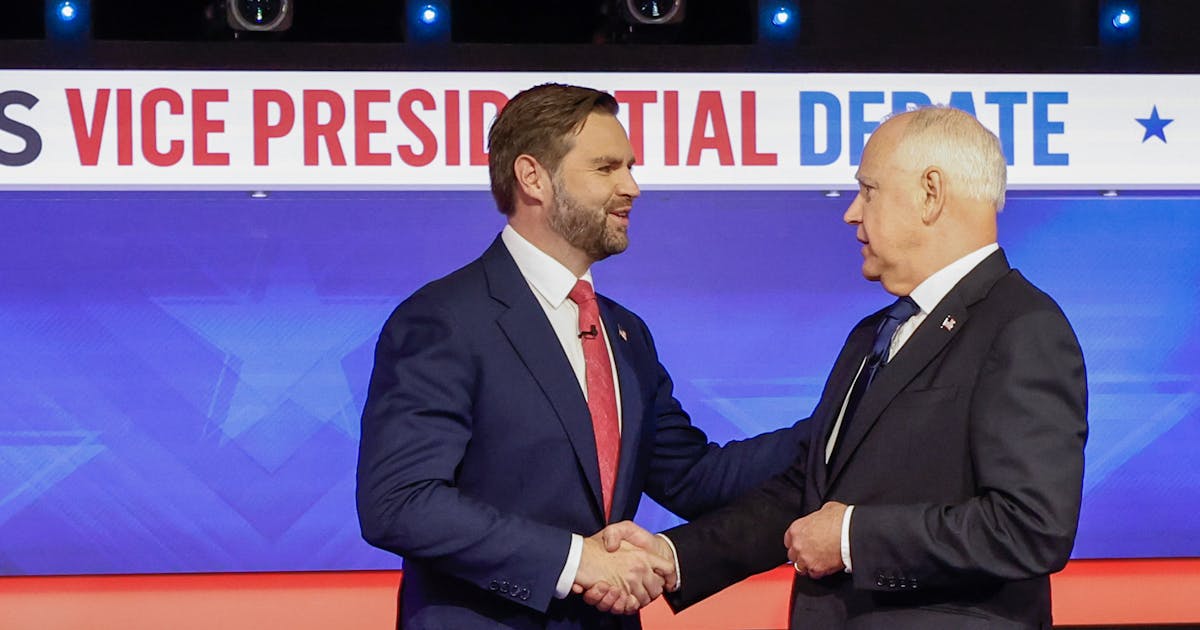



In a recent interview with Stephen Colbert in Philadelphia on November 4, 2024, the eve of the election, Tim Walz, the Democratic vice presidential nominee, discussed the critical stakes of the upcoming election. Walz, who has a background as a high school football coach, emphasized the stark choice voters face, framing the election as a pivotal moment for democracy [82377f43]. He articulated his vision of an 'opportunity economy,' using car repair as a metaphor to illustrate how economic policies can empower individuals and communities [82377f43].
This interview follows Walz's previous discussions on the growth of Detroit and the importance of federal investments in local economies, such as those from the Infrastructure Act and the CHIPS Act [e1531205]. He reiterated his commitment to supporting law enforcement while advocating for middle-class tax cuts and measures to combat price gouging [e1531205].
Walz's conversation with Colbert also included reflections on the urgency of voter engagement, stating, 'democracy is at stake here,' a sentiment that resonates with the broader themes of the campaign as candidates strive to mobilize their bases ahead of the election [82377f43]. Additionally, Colbert engaged with John Oliver during the segment, discussing their experiences covering Donald Trump since 2016, further highlighting the political climate leading up to the election [82377f43].
As the election approaches, Walz's messages about economic recovery, community safety, and democratic values are becoming increasingly relevant, especially in light of the ongoing debates surrounding immigration and gun violence that have characterized the campaign [3fe6de48][bd871011][4349978f].